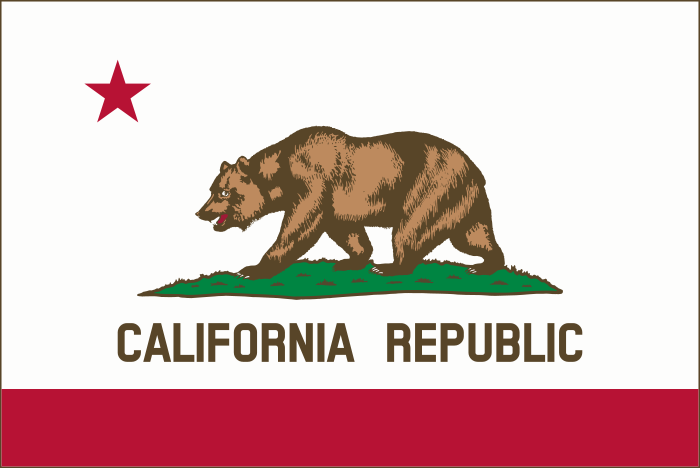On June 24, the ninth—and final—ballot initiative qualified for the general election ballot in California. Titled the California Privacy Rights Act of 2020, the ballot initiative would expand the state’s consumer privacy law that was passed in 2018 and create a new government organization, called the California Privacy Protection Agency (CPPA), to enforce the law.
Californians for Consumer Privacy, which is leading the campaign behind the ballot initiative, needed to collect 623,212 valid signatures. On May 4, 2020, the campaign submitted 930,983 signatures. Therefore, 66.9 percent of the signatures needed to be valid. Counties conducted random samples of signatures, which projected that 77.5 percent were valid, allowing the ballot initiative to go before voters.
Alastair Mactaggart, a San Francisco-based real estate developer, filed the ballot initiative. He was the proponent of a different proposal that qualified for the ballot in 2018, but the ballot initiative was withdrawn after negotiations with the California State Legislature. Negotiations resulted in the California Consumer Privacy Act of 2018 (CCPA), which his new proposal would amend and add additional provisions to.
With the new ballot initiative, Mactaggart said his intention “is to go to the ballot.” He described the CCPA of 2018 as a “great baseline. But I think there are additional rights that Californians deserve.” Unlike the CCPA, which the legislature passed, a ballot initiative can’t be amended without the approval of voters at the ballot box due to the state constitution’s limits on legislative alteration. “The only thing I want to make sure is they can’t undo the act,” said Mactaggart, “There is basically unlimited resources on one side of the fight. If you don’t do anything, they will win eventually.”
The CCPA (2018) was designed to require companies that store personal information to disclose to consumers what types of information are collected and allow consumers to request that certain businesses not disclose or sell their personal information. The ballot initiative would also require businesses to not share a consumer’s personal information upon the consumer’s request; provide consumers with an opt-out option for having their sensitive personal information used or disclosed for advertising or marketing; obtain permission before collecting data from consumers who are younger than 16; obtain permission from a parent or guardian before collecting data from consumers who are younger than 13; and correct a consumer’s inaccurate personal information upon the consumer’s request. It would also remove the ability of businesses to fix violations before being penalized for violations.
Through March 31, 2020, Californians for Consumer Privacy raised $4.75 million, with Mactaggart as the sole funder. Currently, there is no organized opposition. Mactaggart’s last proposal, which resulted in the CCPA being passed, was opposed by Google, Amazon, Facebook, and Microsoft, among others.
The signature verification deadline for statewide ballot initiatives in California was June 25, 2020. The consumer privacy initiative was the last initiative pending signature verification for the 2020 ballot. Citizens can collect signatures for veto referendums against adopted legislation, with the referendum signature verification deadline set for 31 days before the election. As of June 25, no veto referendum campaigns were active in California.
Additional Reading:


